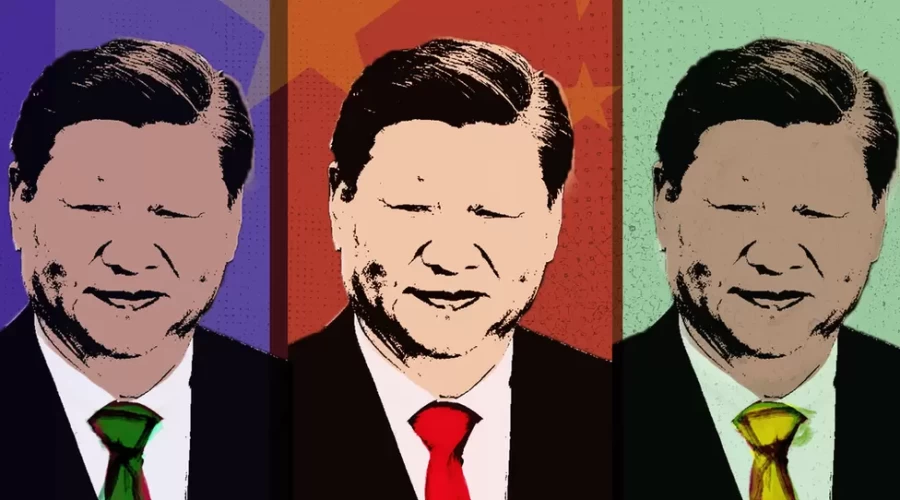Xi Jinping's party is just getting started

If you're going to compare two people, it has to reveal something. It's like comparing Putin to Stalin or Liz Truss to Margaret Thatcher." , Qazet.az reports.
At first glance, the parallels are striking. Chairman Mao, as he was known, was the defining political figure of 20th Century China. He ran the Communist Party - and the country - from the republic's founding in 1949 until the day he died in 1976. No other Chinese leader has since come close. Until now.
On Sunday Xi Jinping became the first leader since Mao to be chosen as party chief for a third term. In his decade at the top, he has centralised power in his own hands, ruthlessly eliminated rivals, promoted a cult of personality, shut down criticism, and had his ideology - Xi Jinping Thought on Socialism with Chinese Characteristics for a New Era - enshrined in the constitution. He is known, only half-jokingly, as the Chairman of Everything.
But it's still a mistake to draw a straight line from Mao to Xi, Prof Karl argues, because it dismisses all that came in between - and the Chinese who dreamed or fought for a different country.
The truth is Xi's path to power was far from inevitable. And it's defined as much by his ambition as it is by the party's failure to prevent what they did not want - a repeat of Mao's disastrous one-man rule.
"My first introduction to China was in the 1980s, when the debates about China's future were huge, significant, and consequential," Prof Karl says. "The party itself was involved in those debates. But 1989 shut that down."
In 1989 - as the Soviet Union was breaking up - China's hopes for change were crushed by tanks and automatic gunfire.
